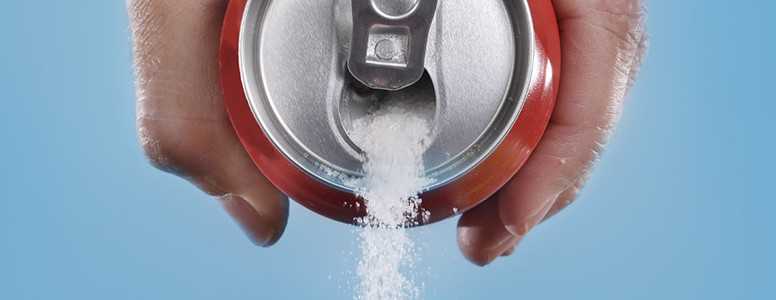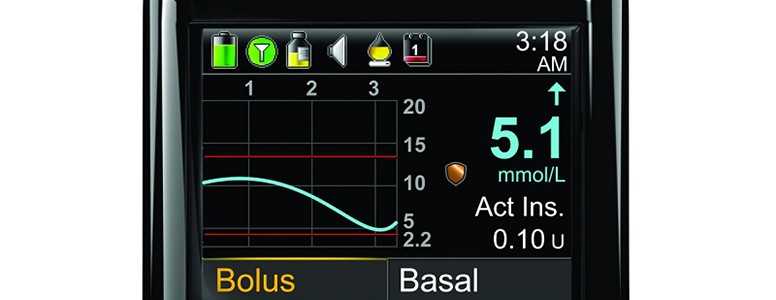New research by the BMJ Open journal has revealed that more than half of sodas sold in British supermarkets unsurprisingly contain more sugar than a person’s entire daily allowance.
The study has found that a large selection of these drinks (55 per cent) can pack up to 12 teaspoons of sugar, the equivalent of 52.8 g of sugar – which is 22.8 g more than the recommended maximum daily sugar intake for adults.
Among the 169 sugar-sweetened drinks screened by researchers, ginger beer and branded cola products had the highest amount of sugars.
Overall, 91 per cent of the drinks reviewed, including dandelion and burdock, elderflower, orange and lemonade, should be marked with a red food warning label for sugar.
According to the researchers’ estimations, 73 per cent of all fizzy drinks exceeded daily sugar limits for a child too.
The parliamentary debate about sugar reduction is still on going since the government has released its first attempt to tackle the childhood obesity crisis last August.
Action on Sugar advocates called for more involvement from industry at a summit last month, and proposed a 20 per cent reduction of sugar content by 2020.
In addition to this plan to reformulate products, a new tax on sugar-sweetened drinks is expected to come into force in 2018.
It will see products with more than 8 g of sugar per 100ml face a higher rate of tax than those with 5 g of sugar or less per 100ml.
The soft drink industry levy could result in a more significant reduction of sugar in products than is possible under voluntary initiatives only.
This has already resulted in Tesco announcing a cut in the amount of sugar in its own brand of soft drinks last week.
During last month’s sugar summit, Action on Sugar’s campaign manager, Jenny Rosborough, also said that additional restrictions on marketing or promotion of products with high added sugar should be implemented alongside the levy to combat the rising tide of obesity and type 2 diabetes.
What's new on the forum? ⭐️
Get our free newsletters
Stay up to date with the latest news, research and breakthroughs.





